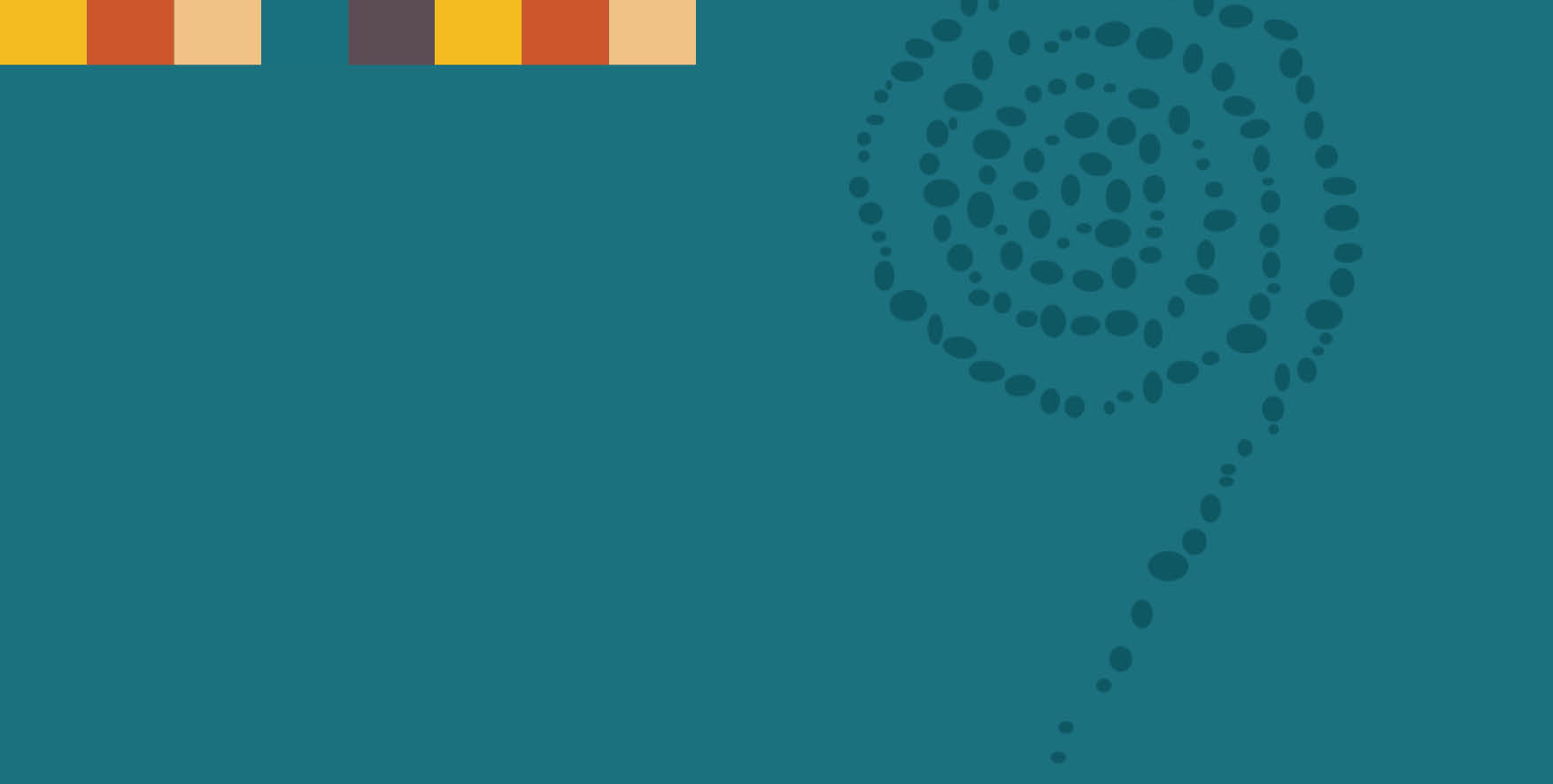
LEARNING OUTCOMES
After the completion of the course the student is able to
- work in an interactive manner as part of a multidisciplinary and multicultural team, and is familiar with the challenges and possibilities included in such teamwork,
- recognize their own as well as others’ roles and responsibilities in a team,
- recognize different actors and understand the relations of multiple stakeholders as part of the project, and is able to communicate with them,
- identify and analyze the key challenges and needs in the project context, and can critically and logically approach those,
- recognize and put into practice main methods used in international development and innovation projects,
- write project proposals, plans and reports, and put into practice different phases of international project work through an array of organizational and business models
- communicate and present the main outcomes of the project work in clear oral and written manner,
- understand the diverse linkages and relations from technology, innovations, design and entrepreneurship to socially, economically and environmentally sustainable development,
- demonstrate different approaches and methods to analyze and implement projects involving such linkages, with in-depth knowledge of at least one such method in the specific setting of their project work,
- review and use key readings related to global sustainability and technology linkages,
- reflect the project and their own role, and team’s role as part of the process
Credits: 10
Schedule: 08.01.2025 - 28.05.2025
Teacher in charge (valid for whole curriculum period):
Teacher in charge (applies in this implementation): Olli Varis, Matleena Muhonen
Contact information for the course (applies in this implementation):
Course coordination: Matleena Muhonen (matleena.muhonen@aalto.fi)
CEFR level (valid for whole curriculum period):
Language of instruction and studies (applies in this implementation):
Teaching language: English. Languages of study attainment: English
CONTENT, ASSESSMENT AND WORKLOAD
Content
valid for whole curriculum period:
SGT Studio is an interdisciplinary project course for Master's and doctoral level students working with various stakeholders. The course looks at the diverse, multi- and cross-disciplinary connections between sustainability, technology and socio-cultural aspects in global contexts. The course includes expert lectures, participatory workshops and extensive project work carried out in multidisciplinary teams. As part of the teamwork, students may travel abroad to carry out field studies on their selected theme. The lecturers and workshops introduce students to the general context of the course and to the process of multicultural and multi-stakeholder projects.
In this course student teams take part in real-life projects within research groups, civil society organizations or companies. The project work is mentored by Aalto's researchers and practicing professionals.
Assessment Methods and Criteria
valid for whole curriculum period:
To pass the course, students must take part actively in the team project work, contact teaching sessions and reviews, submit individual and team assignments in time and participate in peer- and self-evaluation.
applies in this implementation
The evaluation criteria will be published on the MyCourses pages.
Workload
valid for whole curriculum period:
Joint collaborative workshops, teamwork with team assignments, independent study with independent assignments, project review clinics, presentations, field study (optional). Study methods combine problem-based learning (PBL), design thinking and student-centered approaches.
DETAILS
Study Material
valid for whole curriculum period:
Material given during the lecture and exercises. Students must also actively search for additional material for their team work.
Substitutes for Courses
valid for whole curriculum period:
Prerequisites
valid for whole curriculum period:
SDG: Sustainable Development Goals
1 No Poverty
2 Zero Hunger
3 Good Health and Well-being
4 Quality Education
5 Gender Equality
6 Clean Water and Sanitation
7 Affordable and Clean Energy
8 Decent Work and Economic Growth
9 Industry, Innovation and Infrastructure
10 Reduced Inequality
11 Sustainable Cities and Communities
12 Responsible Production and Consumption
13 Climate Action
14 Life Below Water
15 Life on Land
16 Peace and Justice Strong Institutions
17 Partnerships for the Goals
FURTHER INFORMATION
Further Information
valid for whole curriculum period:
Teaching Language: English
Teaching Period: 2024-2025 Spring III - V
2025-2026 Spring III - VRegistration:
Maximum of 30 students depending on the number of student projects available each year.
Registration on SISU (sisu.aalto.fi). A limited number of students will be accepted on the course, with preference given to our own Master's Programme (WAT) students and those applicants with prerequisite courses or relevant similar background. Students are selected based on Motivation Letter and/or other criteria. The student projects and call for applications to this course is organized during periods I and II through MyCourses. The number of students accepted depends on the number of student projects available. Approximately five students are selected per project team. The course may not be organized if fewer than 5 students register for the course.
applies in this implementation
The Call for Applications is open 11.10. - 25.10.2024 in MyCourses.
